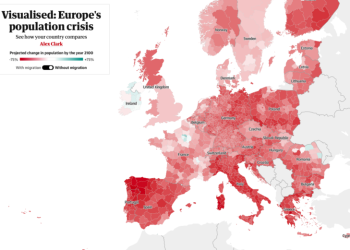Real estate transactions – property size and price notwithstanding – can be filled with tension and drama, including last-minute changes, that provide opportunities for errors and scams.
Dictionary.com defines a scam as “a confidence game or other fraudulent scheme, especially for making a quick profit, swindle.” The Federal Bureau of Investigation reported over 9,500 internet-only real estate complaint cases in 2023, totaling losses of more than $145 million, most of which will never be recovered.
It can be hard to know whom to trust when buying and selling a property, the largest singular financial transaction in which most of us participate in our lifetimes. Scams occur at all income and education levels, and criminals seek to become increasingly more sophisticated. Most buyers and sellers may only navigate the real estate market once, or at most, a handful of times, with each experience taking place at different periods in their lifetime and different markets. Who wouldn’t get confused at some point?
Disclaimer: The following information does not include all real estate scams that can occur in the space and does not constitute legal advice. If you’ve been a scam victim, see resources under the section below, “Resources for victims of scams.”
Your Social Media Information Can Make You a Target
Homeowners who are under duress due to age, health issues, divorce, death, loss of employment or local politics are especially vulnerable to scams. Online platforms, such…
























































![Global Health and Wellness Market to Garner Revenue of $6,543.4 Million at a CAGR of 4.8% from 2019-2026 Exclusive Report [Pages-110] by Research Dive](https://newzznow.com/wp-content/uploads/2021/04/95a867ce-3780-4ace-8da5-32bead68c6b7-120x75.jpeg)


